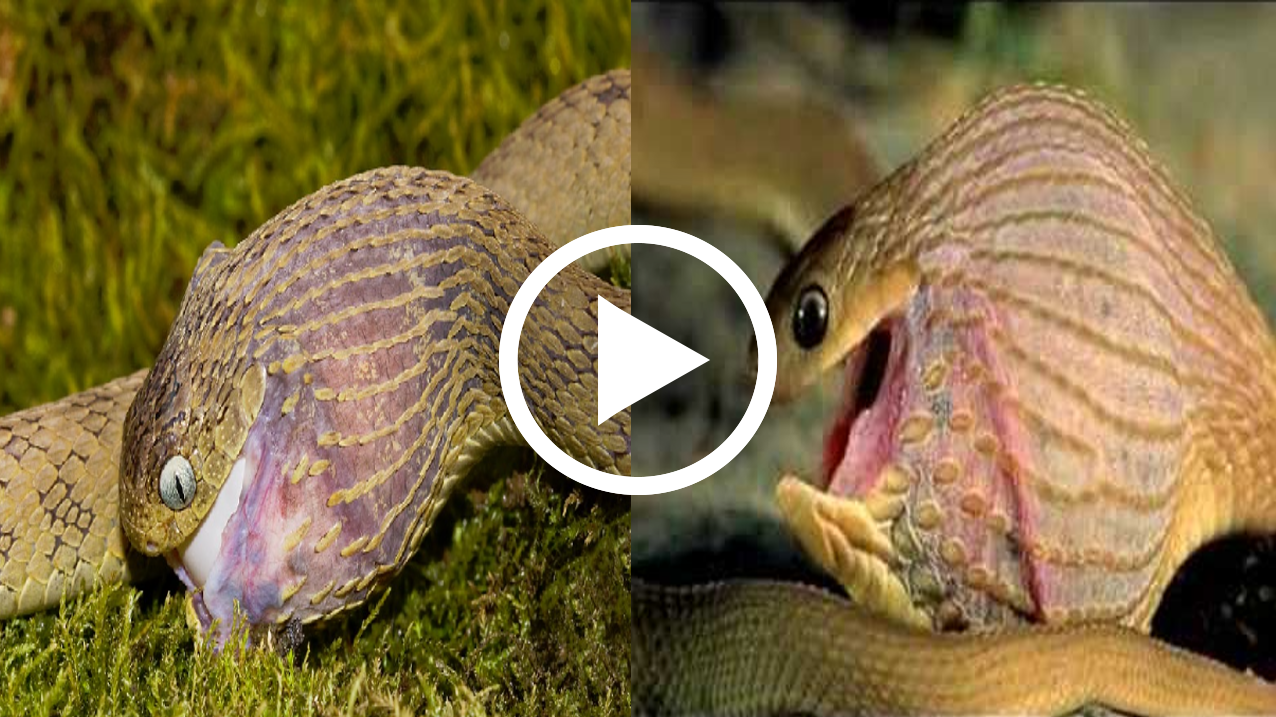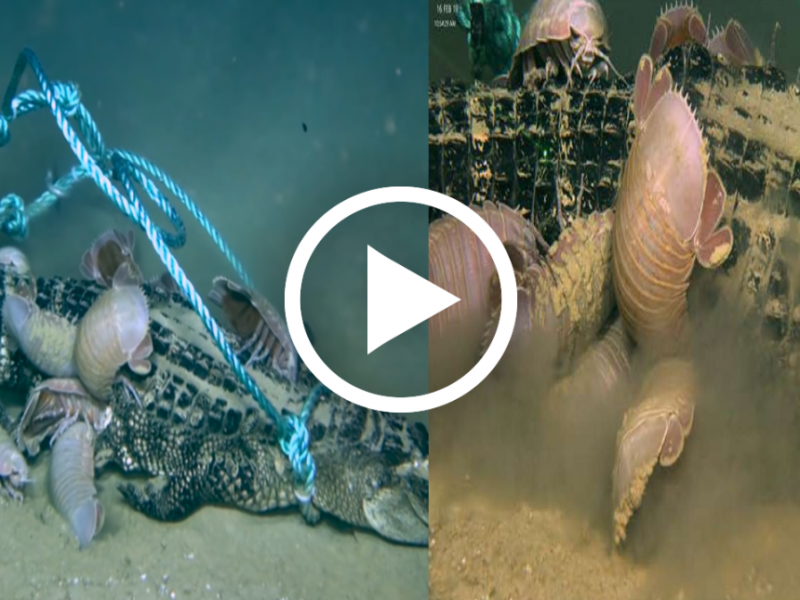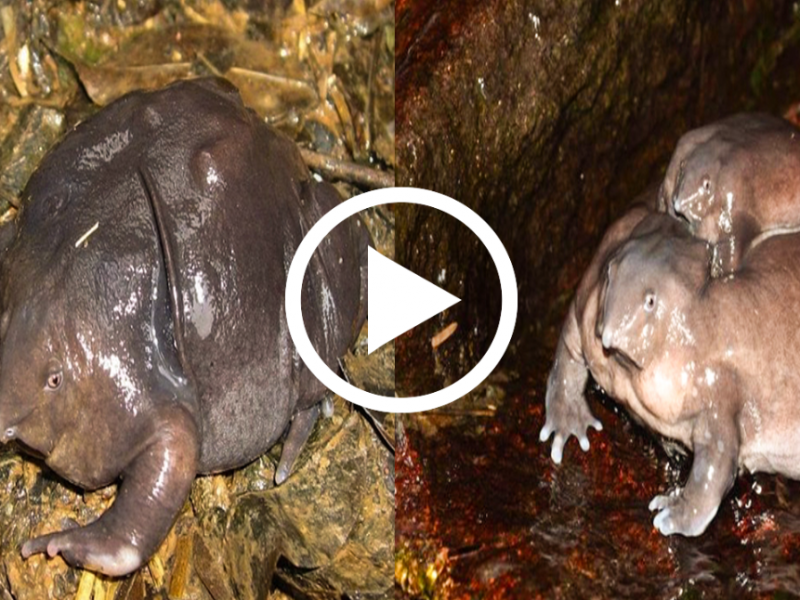Egg hides something that can’t be seen in daylight. For its sake a whole race of snakes gave up venomous fangs and killing animals lose the most formidable weapon on earth so easily. Nothing in nature just happens not even this. It’s thought to be a way for pelicans to clear their throats, cool themselves or just yawn. People still haven’t figured out why they turn themselves inside out, it’s a little easier with snakes though. Okay you could say they do something similar.
 In the animal kingdom, survival is the name of the game, and some species have developed unique adaptations to thrive in their environments. One such example is the Cuban Boa, which has given up its venom and fangs in favor of a Ԁɪᴇт of eggs.
In the animal kingdom, survival is the name of the game, and some species have developed unique adaptations to thrive in their environments. One such example is the Cuban Boa, which has given up its venom and fangs in favor of a Ԁɪᴇт of eggs.
 At first glance, it may seem like a risky move for a snake to give up its primary weapons. However, the Cuban Boa has evolved to become a skilled hunter, despite not having venomous fangs. Instead, it relies on its muscular body to constrict and overpower its prey.
At first glance, it may seem like a risky move for a snake to give up its primary weapons. However, the Cuban Boa has evolved to become a skilled hunter, despite not having venomous fangs. Instead, it relies on its muscular body to constrict and overpower its prey.
 What makes the Cuban Boa’s adaptation even more fascinating is its specialization in an egg-based Ԁɪᴇт. By targeting birds and reptiles that lay eggs, the snake has carved out a unique niche for itself in the ecosystem. Eggs are a relatively abundant resource, and the Cuban Boa does not need to expend as much energy searching for food as other species might.
What makes the Cuban Boa’s adaptation even more fascinating is its specialization in an egg-based Ԁɪᴇт. By targeting birds and reptiles that lay eggs, the snake has carved out a unique niche for itself in the ecosystem. Eggs are a relatively abundant resource, and the Cuban Boa does not need to expend as much energy searching for food as other species might.
 But how did the Cuban Boa evolve to become an egg-eater? Researchers suggest that the snake’s ancestors likely fed on small mammals, but as their habitat changed over time, they were forced to adapt to new food sources.
But how did the Cuban Boa evolve to become an egg-eater? Researchers suggest that the snake’s ancestors likely fed on small mammals, but as their habitat changed over time, they were forced to adapt to new food sources.
 As the Cuban Boa shifted to a Ԁɪᴇт of eggs, its body adapted to better digest these protein-rich meals. For example, the snake’s stomach is much larger than other snakes of similar size, allowing it to swallow larger eggs whole.
As the Cuban Boa shifted to a Ԁɪᴇт of eggs, its body adapted to better digest these protein-rich meals. For example, the snake’s stomach is much larger than other snakes of similar size, allowing it to swallow larger eggs whole.
Despite its unique Ԁɪᴇт and lack of venomous fangs, the Cuban Boa is still a formidable predator. Its powerful muscles and sharp senses make it a skilled hunter, and its ability to thrive on an unconventional food source is a testament to the adaptability of nature.
 The Cuban Boa’s adaptation is a reminder that survival in the animal kingdom is not always about being the strongest or the most powerful. Sometimes, it’s about finding a niche and adapting to the available resources. The Cuban Boa’s story is a fascinating example of how species can evolve to overcome challenges and thrive in their environments.
The Cuban Boa’s adaptation is a reminder that survival in the animal kingdom is not always about being the strongest or the most powerful. Sometimes, it’s about finding a niche and adapting to the available resources. The Cuban Boa’s story is a fascinating example of how species can evolve to overcome challenges and thrive in their environments.


